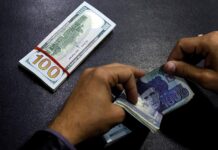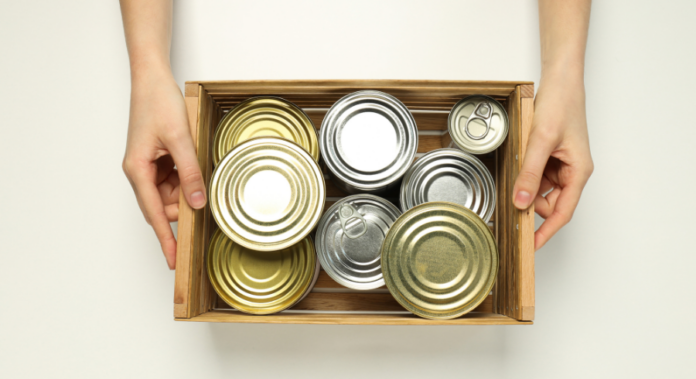In a significant move to boost revenue, the government is considering the imposition of a 5% federal excise duty (FED) on over 50 types of ultra-processed foods in the upcoming 2025-26 budget.
According to a news report, the proposed tax would apply to a wide range of products, including frozen foods, chips, carbonated drinks, instant noodles, ice cream, biscuits, frozen meats, sauces, ready-made meals, and sausages.
The proposal is still under review, and if approved, it would become one of the largest revenue-generating measures on the indirect tax side of the budget.
Officials believe the impact of this new tax could significantly increase indirect tax collections in the next fiscal year. However, the final decision on the proposal has yet to be made.
On the other hand, the packaged juice sector has called on the government to reduce the FED by at least 5 percentage points in the upcoming 2025-26 budget, warning that the existing 20% FED combined with 18% GST is stalling industry growth and driving consumers toward unregulated, low-quality alternatives.
Industry representatives reported a 45% drop in sales volume since the FED was introduced in 2023, with revenues declining to Rs42 billion from Rs72 billion in the previous fiscal year. This slump has also affected government revenue projections for FY2024-25.
The combined tax burden now makes packaged juices unaffordable for many consumers, pushing them towards cheaper products lacking genuine fruit content. This shift has severely impacted fruit procurement, with mango sourcing falling sharply to just over 20,000 tonnes last year from 31,000 tonnes in 2017-18, undermining farmers and fruit pulpers.
Industry officials warned that the downturn has led to job losses, underused production capacity, and stalled investments. They urged the government to crack down on illegal manufacturers and suggested forming a task force to monitor illicit operators.
The government is also exploring other options to increase FED on several products as part of a broader strategy to raise revenue through indirect taxes. One of the proposals under review includes a potential 100% hike in the FED on imported energy drinks, raising the rate from 20% to 40%.
In the current fiscal year 2024-25, the Federal Board of Revenue (FBR) increased or imposed FED on various goods, generating approximately Rs 289 billion.
Proposals to modify the FED on items like juices and aerated water are also under review, although no final decision has been made. Additionally, the FBR is evaluating adjustments to the FED on cigarettes, though there are no plans to reintroduce a third-tier taxation system for them.
The government has already raised the FED on international air travel, imposed a Rs 15 per kg excise duty on white crystalline sugar supplied to manufacturing entities, and increased the FED on cement from Rs 3 per kg to Rs 4 per kg. Other new FED rates introduced in the Finance Act of 2024 include Rs 44,000 per kg on acetate tow, Rs 1,200 per kg on nicotine pouches, and a 5% ad valorem rate on lubricating oil. These moves reflect the government’s continued focus on generating additional revenue through indirect taxation.























